
With the looming Jan. 19 deadline, TikTok’s future in the United States remains uncertain. The U.S. Supreme Court is discussing a law that mandates ByteDance, TikTok’s Chinese parent company, to divest its U.S. operations or face a nationwide ban due to national security concerns.
The U.S. government argues that TikTok’s Chinese ownership poses risks of espionage and data misuse by Beijing, allegations that TikTok has consistently denied. The Chinese government defense is that the ban would violate the First Amendment by infringing upon the free speech rights of the company and its 170 million U.S. users.
“A lot of them [government officials] are saying it’s just for kids’ safety,” sophomore Margarite McBride said, “but limiting the free speech that so many people get through TikTok isn’t for kids’ safety. I don’t think banning some pixels displayed on your phone is going to keep us safe.”
However, the Biden administration says the ban will not aim to regulate or restrict speech. Rather, it limits the usage of an app that Congress identified as being under the control of a foreign adversary. U.S. government officials have voiced concerns about the Chinese government’s access to the data TikTok collects from its American users, as the government could possibly manipulate that data into blackmail against the country.
“I can see why our government has some issues about the Chinese government being able to see what everyone is doing on the platform,” said junior Brianna Ray, “but it’s just an app for entertainment. If there was personal information being taken and possibly leaked by the platform creators, TikTok has been around long enough for them to have been caught already.”
TikTok users are moving to Xiaohongshu, or RedNote in English, in response to this potential ban. This Chinese-owned social platform has recently exploded, claiming the number 1 spot in Apple’s app store’s “free apps” section, as well as Google Play. According to a post by the New York Times, the flood of Westerners the app is receiving are calling themselves TikTok refugees, a hashtag that has been viewed over 100 million times.
“Once TikTok gets banned,” Ray said, “the community will most definitely migrate to another entertainment app like RedNote. Platform creators might also just see this as a chance to make money, and they could develop their own app similar to TikTok.”
Another concern with the TikTok ban is that American creators may lose an important source of income. With TikTok’s Creator Rewards Program, people can make money through their videos depending on their views. Close to seven million small businesses rely on TikTok to spread the word about their work and make money to stay afloat.
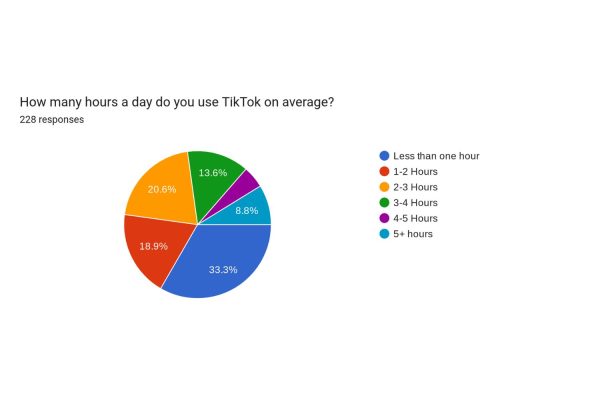
Local10.com reports that around 1 billion dollars in revenue from small businesses will be lost in just the first month of the ban.
“I don’t make a lot from TikTok,” McBride said, “but that money that I do get goes into my college fund. Now I’m not getting as much money into my college fund, and it affects my education.”
The potential ban has stirred up strong reactions from various influencers. Marc D’Amelio, father of prominent TikTok creators Charli and Dixie D’Amelio, criticized the move as an infringement on free speech, claiming it is “un-American.” According to an article in The Times, he voiced concern for smaller creators who depend on the platform for their livelihoods.
“I don’t really care for the big TikTok creators,” Ray said, “but if that’s their only source of income, I do feel bad that they would practically be losing their job. On the other hand, though, it could be an awakening for them to go out for work and have more responsibilities.”
A potential helping hand could change the fate of the app. President-Elect Donald Trump has considered using an executive order, according to USA Today, to delay the ban for 60-90 days. Trump believes there may be a potential American buyer for TikTok, despite the Singaporean CEO of the app, Shou Zi Chew, stating he wasn’t going to sell in a video he posted on TikTok’s main corporate account.
“The big picture is that self-expression is going to be limited,” McBride said. “People who need TikTok to either afford food for their kids or move out of an abusive home are able to reach out through TikTok seeking help, and that help would be gone. They wouldn’t get it.”


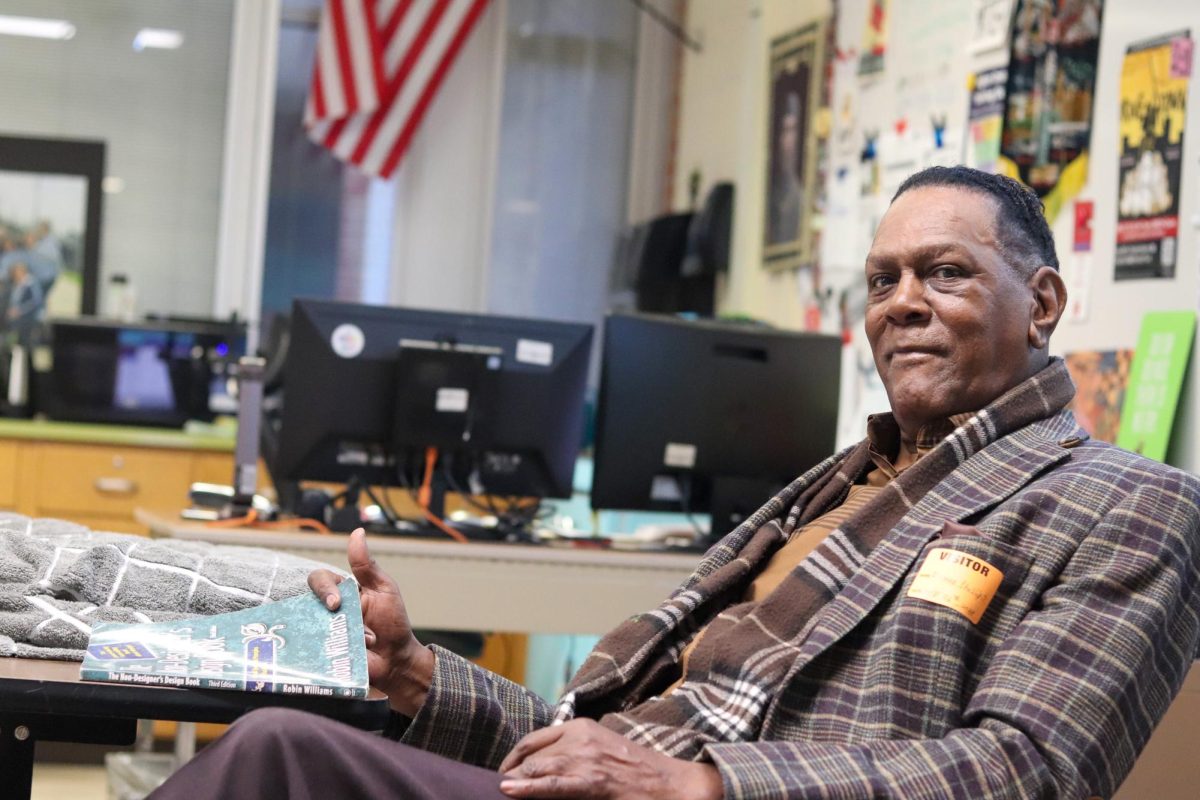
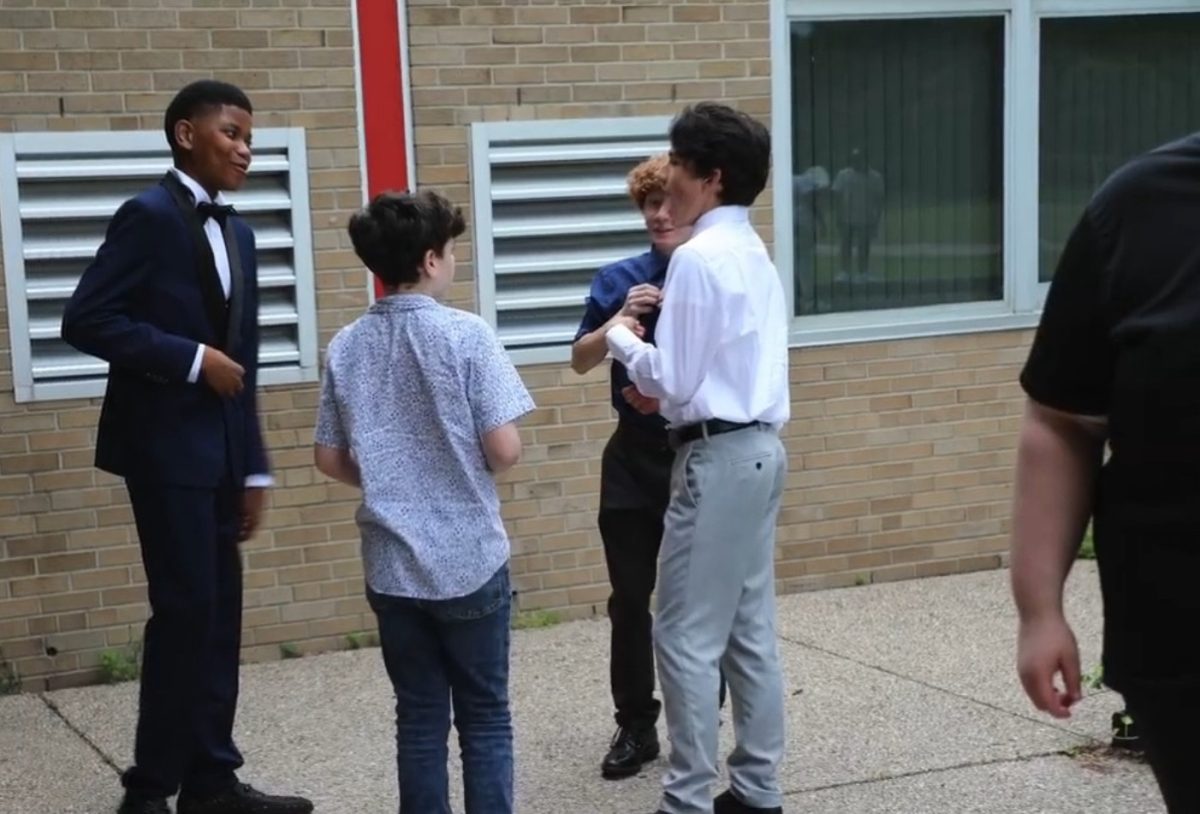

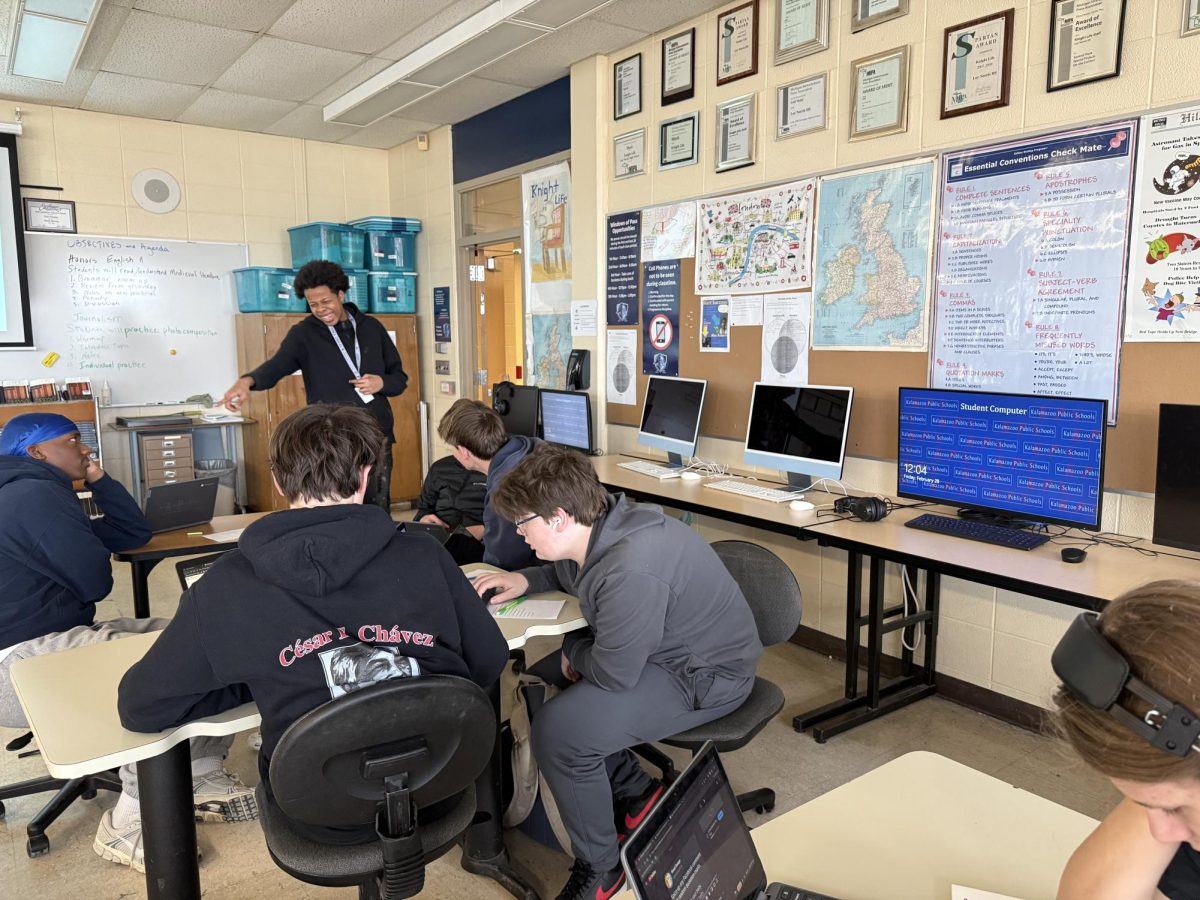

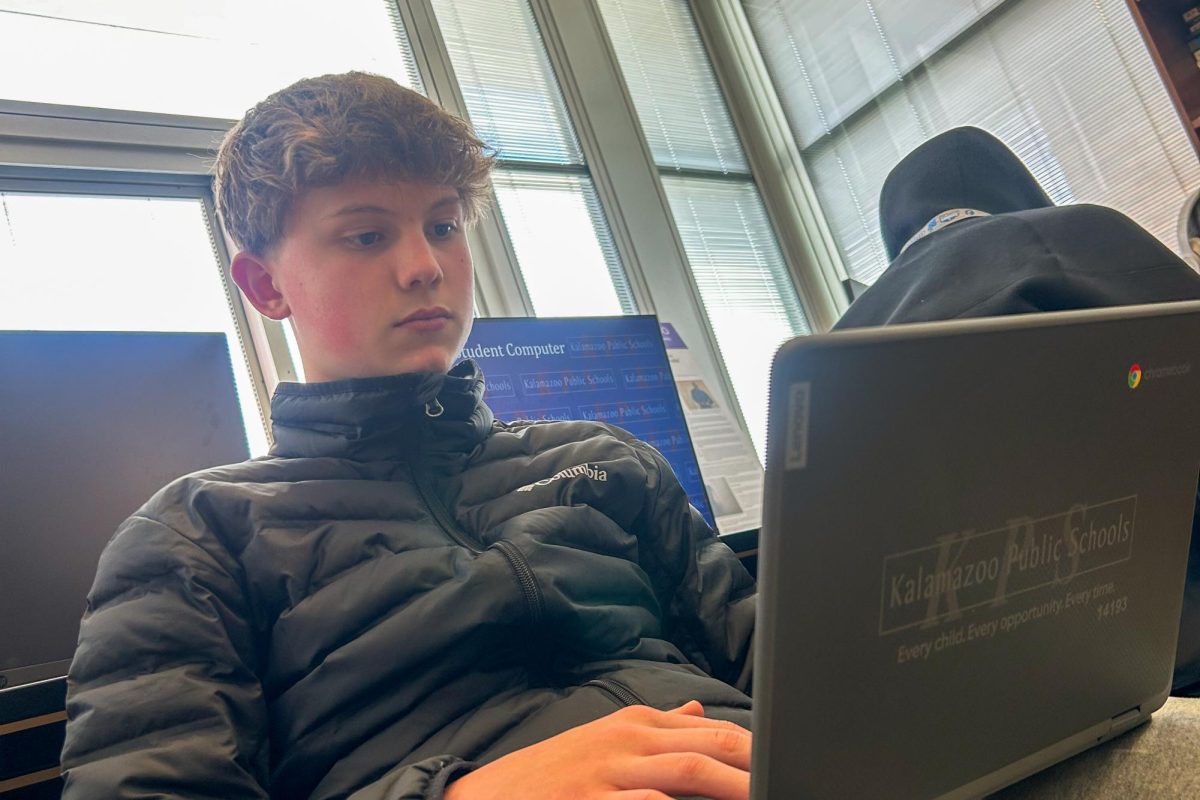

Jowell • Feb 7, 2025 at 7:45 am
Thank you for writing this article, I was able to learn information about the potential Tik Tok ban.
Kelsey Phillips • Feb 5, 2025 at 11:31 am
What I liked about this article was how informative it was.
rod • Feb 3, 2025 at 11:41 am
This article made me think about to not take the U.S serious when it comes to these type of situations